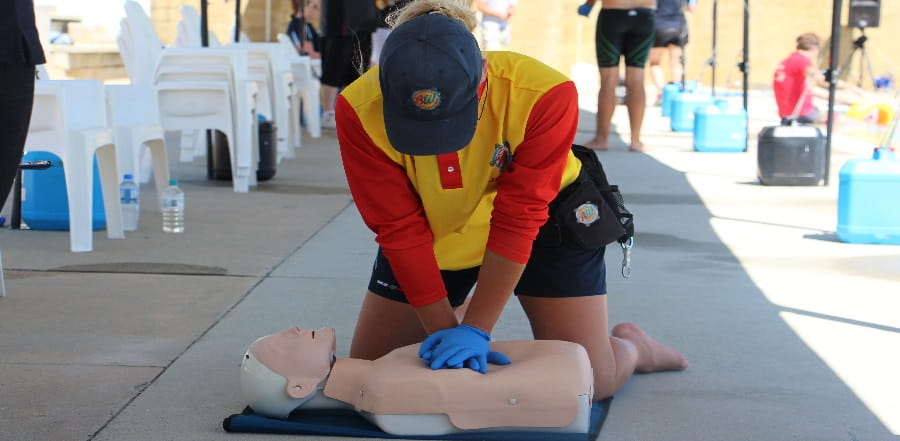
Sometimes when placed in an emergency situation, people can identify the emergency yet are often reluctant to act. Such hesitations and reluctance are commonly caused by various “barriers to action.” Being able to identify such barriers to action could be the difference between life and death. There are multiple barriers to action which may encourage hesitation in an emergency.
Presence of Bystanders
The presence of bystanders may make lifesavers reluctant to act. This is often due to the fact the bystanders can cause confusion at an emergency scene, sometimes making it difficult to identify causalities.
When dealing with an emergency it is important to ask bystanders for any information about the casualty/situation. It is also important to ask bystanders to step back so that emergency personnel can reach and treat the casualty.
Uncertainty About the casualty
Individuals are more likely to provide first aid to a family member than a stranger. This is due to the fact that the individual knows the casualty; if someone does not know the casualty they may be reluctant to provide aid. This however should not stop an individual from giving care to the casualty.
Nature of the Injury / Illness
Often, at emergency scenes, there may be confronting or disturbing sights and smells. Such things may prevent and individual from providing aid. However, if you see a casualty yet you are reluctant to or cannot provide aid, you can still assess the situation to see if you can assist the casualty. This can include simple things such as, calling an ambulance and asking bystanders to step back from the situation to make room for emergency crews.
Fear of Doing Something Wrong
Everyone responds differently to emergency situations and at times many are afraid to provide first aid out of fear of doing something wrong or making the situation worse. If you are unsure of what to do in an emergency situation, call an ambulance and reassure the casualty that everything will be ok.